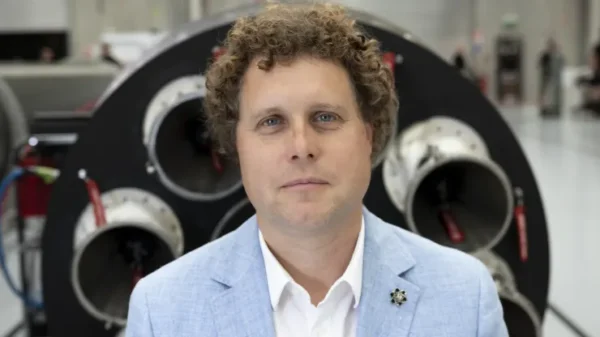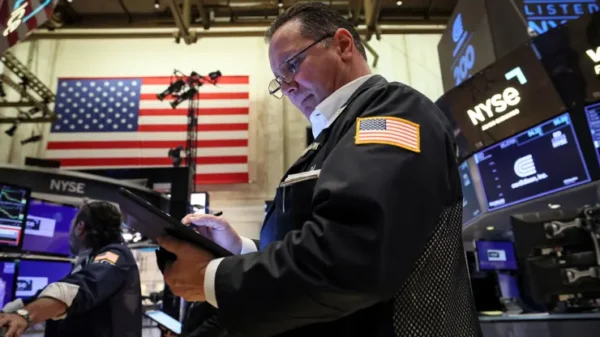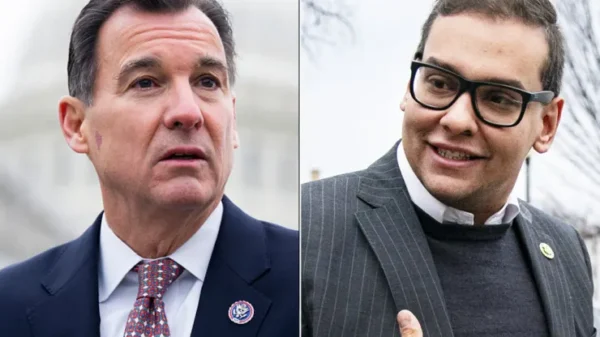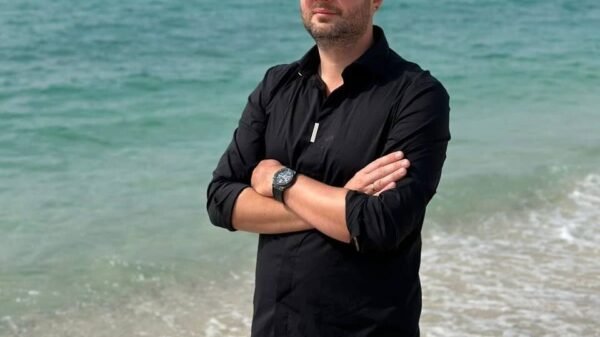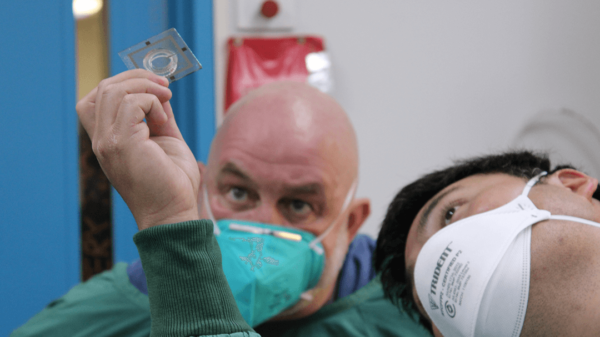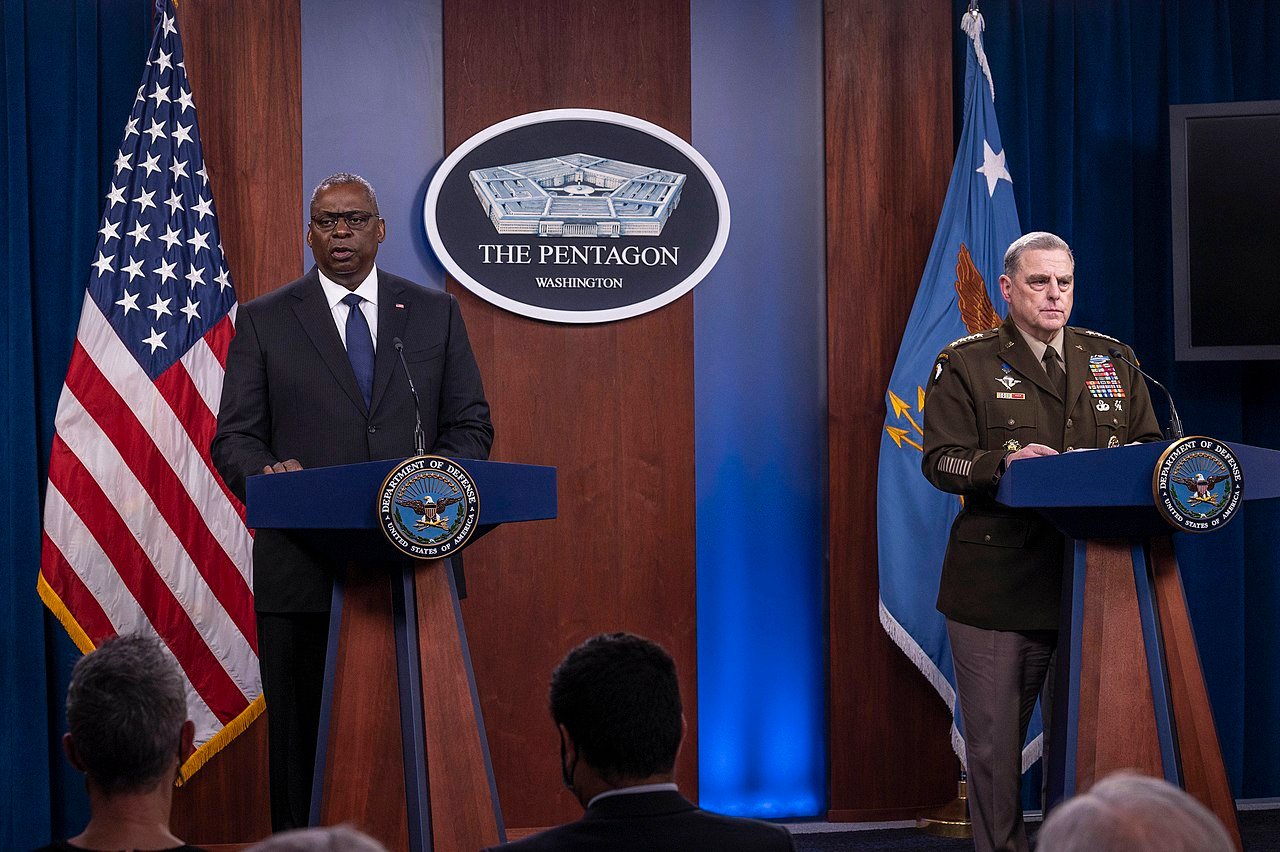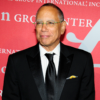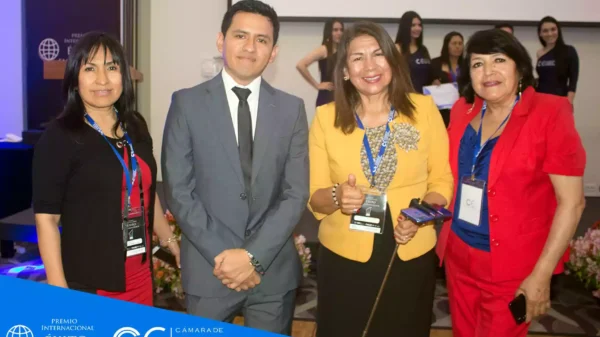American respect for its military is plummeting. It has dropped by 30 points in the past five years in surveys conducted by the Reagan Foundation. In their less than half of respondents have a great deal of trust and confidence in America’s military. Unless both civilian and military leaders take corrective actions to repair the breach, this will impede recruiting, diminish unit cohesion, and damage the bond between the military and the public it serves.
As concerning as the drop itself is the reason. 62 percent of respondents said they were losing trust and confidence because the military leadership is becoming overly politicized. Nor is the attitude partisan: 60 percent of Democrats gave that answer, as did 60 percent of Independents and 65 percent of Republicans. Only 35 percent of respondents expressed confidence in the military’s ability to act in a professional and nonpolitical manner.
If America wants to retain a military that recruits from all parts of the citizenry and brings them together into an effective fighting force, it should both correct that public perception and better insulate the military from being a pawn in partisan political disputes. This will require more discipline from military leaders and greater recognition by politicians of the damage they are doing to our national security by castigating the professionalism and non-partisan commitment of America’s soldiers, sailors, airmen, marines, and their leaders. Military leaders should stick to the core functions of the profession and master saying “that’s a more appropriate question for the secretary of defense.” Politicians should stop hiding behind uniforms when enacting unpopular policies, and expend their efforts on passing relevant legislation in areas urgently in need of attention.
The Reagan Foundation’s findings are at strong variance with how the military views itself. America’s military believes it is a paragon of non-partisan professionalism, and works hard to inculcate that attitude through professional military education. Military about veteran political activism reflecting on the active-duty force. But they don’t believe public concerns about politicization of the military are affecting the force. Gen. David Berger, the commandant of the Marine Corps, that “I don’t see and hear a conversation or an impact of woke-ism in the rank and file, at all.” The Army’s head of recruiting believes the concerns are having on Americans’ willingness to serve.
But there have been a number of developments over the past several decades that have contributed to the perception of the military’s politicization. Veterans’ endorsement of presidential candidates has been an escalating arms race since retired Marine Commandant Paul X. Kelly endorsed Ronald Reagan in 1980. Presidential campaigns now routinely roll out lists of hundreds of retired flag officers and include uniformed military in campaign ads. The Bush administration left it to the military to persuade Congress to support the Iraq surge. In 2016, retired Gen. John Allen spoke at the Democratic National Convention to endorse the Democratic candidate while, in a more egregious move, retired Lt. Gen. (ret.) Michael Flynn led chants of “lock her up” at the Republican National Convention.
Furthermore, Presidents Barack Obama and Donald Trump both nominated record numbers of high-ranking veterans into senior civilian appointments. Like his predecessor, President Joe Biden nominated a recently retired veteran to be secretary of defense. More recently, Biden as he gave a highly political speech about the threat to democracy in the country. All of these actions are shaping public perceptions of the military as a partisan political force.
Some active-duty military leaders have also increasingly engaged in political acts. In particular, the serving chairman of the Joint Chiefs of Staff marched with the president in battle dress through a public square that had been forcibly cleared during the 2020 social justice protests. Gen. Mark Milley admirably , but is likely to be what most in the public remember long after. Milley has leaned into other political controversies too: offering his view of during Congressional hearings and virtually every journalist’s account of the Trump administration in order to cast himself as the savior of the republic.
Milley’s supporters may argue he was defending the civilian secretary, or that as a soldier and hockey player he couldn’t be expected to sit on the sidelines. But the civilian secretary of defense does not require protecting by his military subordinates. Political fights are properly the province of civilian appointees. And you don’t just get the upside of playing politics. If you’re going to act like a hockey player, you’re going to get hit in the mouth with a puck from time to time. Milley clumsily engaging on political topics has made it fair game for Congress to press him and other military leaders — including every flag officer that is put forward for three-star promotion — on political issues.
Congress should resist that temptation, however. Republicans in the House of Representatives are frothing at the mouth for the chance to drag Milley up to testify, an extended repeat of the disgraceful spectacle last year of representatives accusing him of Repeating that political theater would be a terrible thing to do both to America’s security and civil-military relations. The overwhelming majority of the military — including and especially its leadership — are to be left out of the febrile partisan politics of the moment. For the good of the country, politicians should heed that plea.
The main driver of declining confidence in America’s military leaders is the relentless hectoring of them on political issues by politicians. It is politicians who serve up the circumstances, whether it’s the Trump White House orchestrating Lafayette Square, the Biden White House setting marines to flank the president during a political speech, or congressmen and congresswomen scoring political points by dragging uniforms into the political arena.
Instead of continuing to prosecute those polarizing issues or turning Milley on a spit over a fire, Congress could instead take steps that actually support the men and women in uniform. If Congress is alarmed about the state of our military, they should pass the National Defense Authorization Act and defense appropriations bills on time. They should rigorously question whether the Biden defense budget is adequate to carry out the president’s national security strategy. They could also reform acquisition processes to draw tech talent into the defense enterprise and confirm or deny appointees in a timely manner so elected leaders have staff in place. There is serious work to be done to defend America. Politicizing the military will make it weaker — not stronger.






